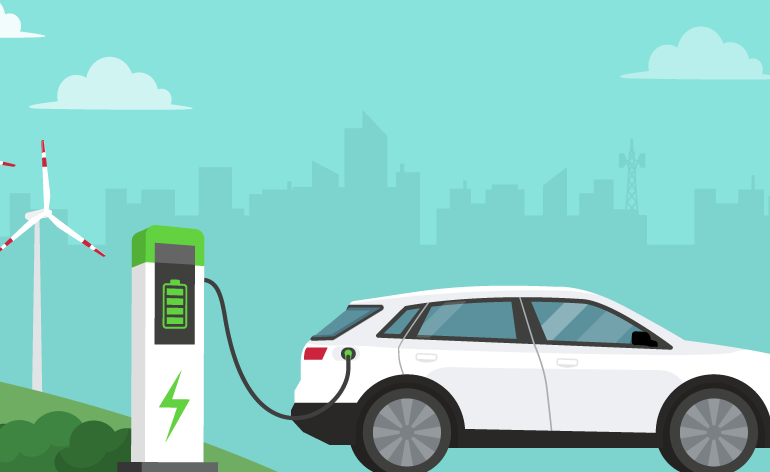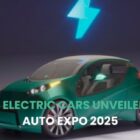EV Sector in India to boost both the Economy and the Environment
Global climate change is a major concern today. There are several reasons of climate change, including transportation running on fuel. Governments worldwide are taking effective measures to control to slow climate change, including encouraging people to opt for eco-friendly options. Among these eco-friendly options is the use of EVs. The worldwide automotive industry is currently experiencing a paradigm shift as it seeks to adopt new, less energy-intensive approaches.
India has recently taken steps to speed up the transition to e-mobility in response to increased pollution and global climate change. The Government of India recently declared to make 30 percent of private vehicles will be electrified by 2030.
The EV industry has become a lucrative industry today. The government is emphasizing the sector by prioritizing infrastructure development, such as establishing EV charging stations.
Setting up an EV charging station in Lajpat Nagar is a great way to generate wealth as more and more people are now opting for electric vehicles.
How will EV Industry in India Boost Both the Economy and the Environment?
There are numerous ways the EV industry is going to impact both the Economy and the Environment. The EV sector is the newest sector providing business owners with myriads of opportunities to start a business by setting up EV charging stations.
According to a report, an estimated $222 billion is invested in India’s vehicle industry, and the value of the country’s EV market is expected to hit $2 billion by 2023 and $7.09 billion by 2025.
According to the Ministry of Road Transport and Highways in India, there were over 13 Lakh electric vehicles on Indian roads in August 2022. By 2030, the figure is expected to reach 50 million. In addition, the EV industry is going to generate employment as people will be needed to manufacture vehicles, take care of charging stations, and so on.
India’s government is actively encouraging electric mobility growth by enacting policies like the Credit Guarantee Scheme for Startups (CGSS), tax incentives, and consumer subsidies. Aside from that, the government has introduced additional policies like incubator programmes, shared facilities for prototype and small-scale production. Moreover, the EV sector is open to 100% FDI under the automatic route.
The Indian government recognizes the importance of e-mobility and actively promotes the use of electric vehicles throughout the country. Investments of up to USD 14.5 billion were planned for the EV industry to facilitate the production of components and the establishment of EV charging infrastructure, such as public and private charging points and battery swapping stations, to eliminate the hassles that EV owners have to go through.
Indian government implemented FAME (Faster Adoption and Manufacturing of Electric and Hybrid Vehicles in India) scheme. It is to hasten the adoption and manufacturing of (hybrid and) electric vehicles so that the devastating effects of pollution emitted by fuel-based vehicles can be eliminated. The government committed an investment of INR 10,000 crore in the scheme.
Through public-private partnerships, the NEMMP plans to expedite the introduction of electric vehicles. Under this scheme, the government plans to invest over INR 14000 crores in research and development projects and emerging technologies and build the necessary infrastructure.
The government is actively supporting the EV industry by introducing various schemes in its favour, such as subsidies, Credit Guarantee Scheme for Startups (CGSS), tax incentives, and so on. All these efforts are taken to minimize the country’s dependency on fossil fuels. Greenhouse gas emissions can be cut by nearly 30% in the coming years, which will assist in achieving global climate targets.
Wrapping it up…
So, all in all, the Electric Vehicle industry is a great step towards economic development and low environmental impact. Undoubtedly, the transition to electric vehicles is going to greatly impact the world on a larger scale; however, there is a dire need for appropriate EV infrastructure. There is a need to regulate and encourage the establishment of EV charging stations in Lajpat Nagar, EV-related research, and associated skill-development strategies. The government of India is dedicated to cutting carbon dioxide emissions by one gigatonne by 2030 through the promotion of shared, electrified, and connected mobility. There is no question that the EV industry will have a significant influence not only on the Economy but also on the Environment.





